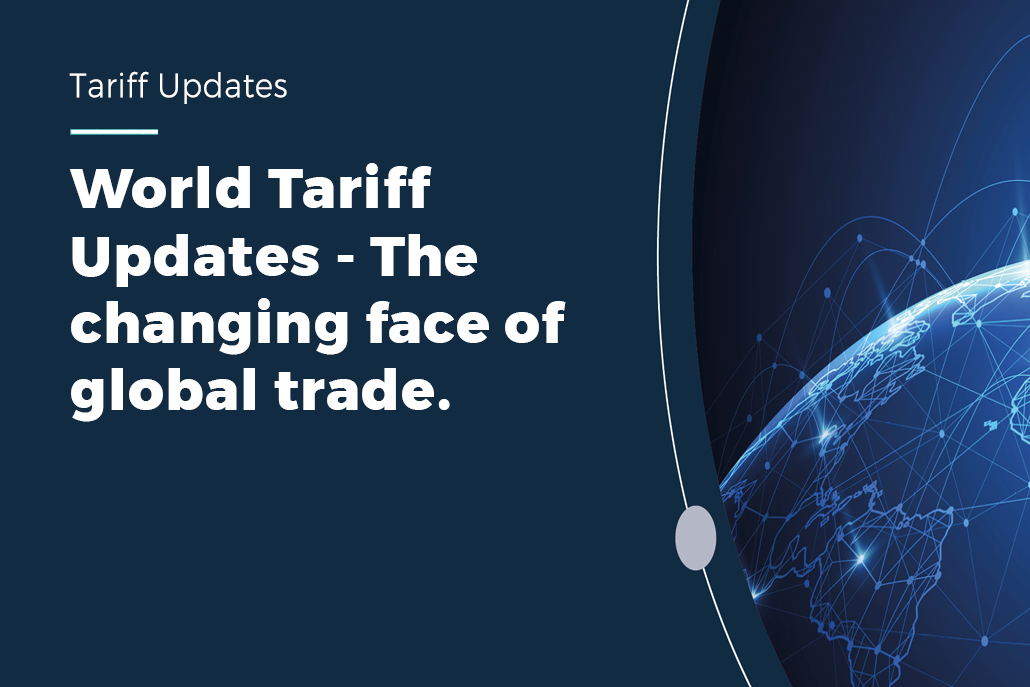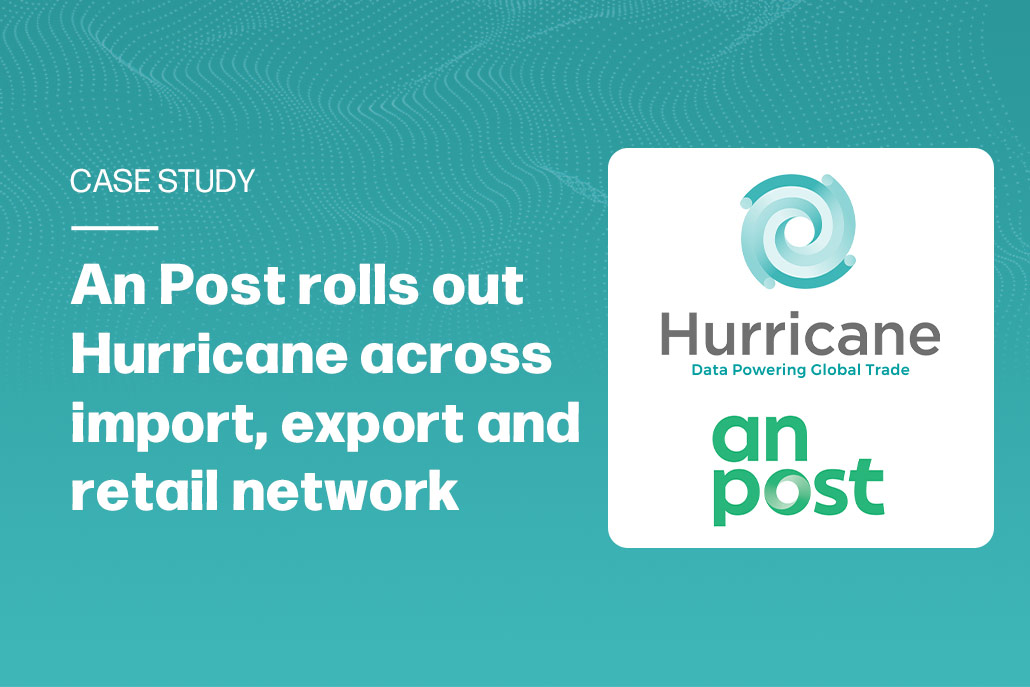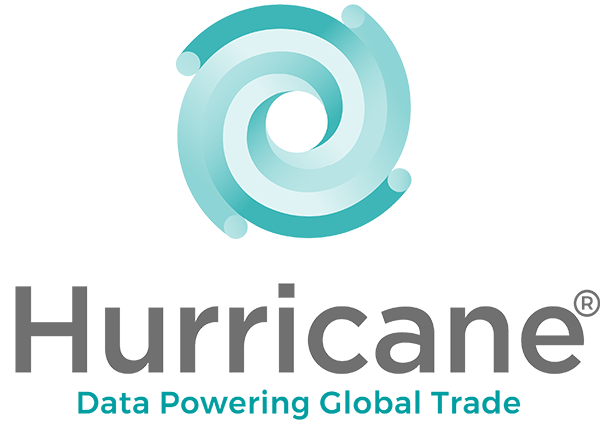The de minimis rule is one that many businesses, importers, and exporters would have heard of but might not be sure of what it means. In layman’s terms, it means that low value items are exempt from customs duties and in some cases VAT / Sales Tax. Customs around the world have placed thresholds on the value of products. Those goods that fall within de minimis are below the value of where customs have deemed it worthwhile to collect duty or sales tax on.
Different countries have different rules and values. For example: Australia had a de minimis threshold of AU $1000. However, in 2018, the Australian government implemented changes to this rule and the threshold , AU $1000 de minimis only covers customs duties and the General Sales tax was reduced from AU $1000 to AU $0.00.
Whereas the de minimis threshold in the United States is US $800. This means that goods imported into the US with a value of $800 or less are generally exempt from customs duties and taxes.
It’s crucial that all business owners understand their obligations to customs duties and taxes to guarantee compliance with customs regulations around the world, exceptions do apply. In this blog, we’ll go through what de minimis is and how it affects you as an e-commerce seller.
What Is The Meaning of De Minimis?
De minimis means that something is so small that it is exempt from the usual duties and taxes. This threshold varies from country to country. However, some countries do not have a de minimis rule, which means every import is required to enter a full import declaration, applying duty and tax where applicable.
As an exporter of goods, it is beneficial to understand what customs charges may be applicable in the importing country.
When Does The De Minimis Rule Apply?
The de minimis rule is applied to the total customs value. Check with your import country for their de minimis rules as they may vary.
This means that any goods you’re exporting to one customer on one day should fall under this threshold. For example, in the United States, the de minimis threshold for duty-free imports is for one person on one day should not exceed USD $800. In the USA, shipments valued below this threshold are generally exempt from customs duties and taxes, although certain exceptions may apply.
There are exceptions and differences around the world. In Canada, the low value is CAD $20. This means that any goods being imported in Canada, that are over the CAD $20 de minimis limit, will face additional import charges. However, with the Canada-United States–Mexico Agreement (CUSMA), there is an exception where Canada’s de minimis threshold is CAD $150 for customs duties and CAD $40 for taxes.
For some commodities, the de minimis rule is not applicable in most countries. This includes goods, such as:
- Alcohol
- Tobacco
- Fuel
- Controlled goods
It’s a good idea to familiarise yourself with the de minimis thresholds if you’re exporting internationally.
It’s also crucial to check the specific regulations of both the origin and destination countries to understand how the de minimis rule applies to your shipments when shipping across borders. These regulations may be subject to change, so it’s essential to stay updated with the latest customs rules and thresholds for each country involved in the shipping process.
How Does The De Minimis Rule Affect Businesses?
If you’re running an international eCommerce business, the de minimis threshold and valuation rules should be considered in your business strategy.
As a business, there are key questions to keep top of mind, using de minimis correctly and if you are eligible for clearance around the world:
- Do your goods fit into the threshold?
- Are you aware of the rules and thresholds of where you are shipping to?
- Are you aware of the value of your products?
This also allows you to maximise your opportunity for sales as you can take the low value threshold into consideration when pricing up products and shipping fees. However, de minimis is not a means to circumvent law to avoid duties and taxes.
Managing Import Charges With Hurricane Commerce
If you’re exporting goods across borders, you need to be aware of the various charges you may be facing — especially country to country. Hurricane Commerce’s Kona API helps our customers take the complex rules and regulations and make them more digestible to support with due diligence. Kona provides several areas of support to ensure your business has everything covered. Our services provide the necessary information required, to assist with clearance process, including shipping destinations to sanction countries, or poor, product descriptions, identifying restrictions and prohibitions, and customs duties and tax fees, and so much more. Our Kona API is best in class for accuracy and speed
Our solutions can also be used to ensure you remain data compliant, no matter where you’re exporting to in the world. If you’d like to know more about de minimis, cross border commerce, or our API solutions, get in touch with our team, who are more than happy to assist.














